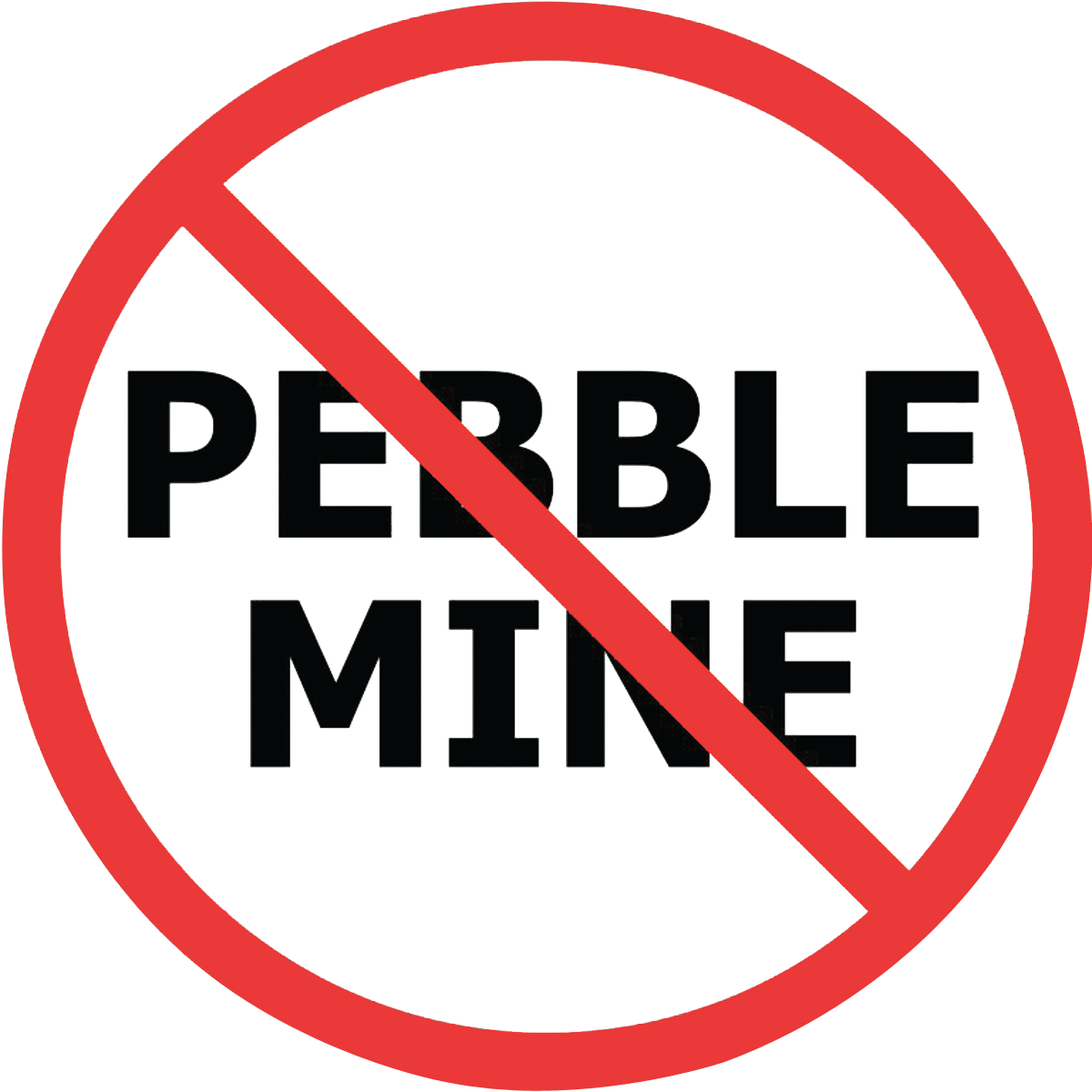November 3, 2015
The Hill's Congress Blog
Brian Kraft and Everett Thompson
Everett Thompson, lower left
Brian Kraft
See full article here
Alaska. Our largest, most remote, and most sparsely populated state captures the imagination and hearts of many Americans. To you, Alaska is snow capped mountains, glaciers, massive rivers, and maybe wild salmon runs if you like to eat or fish for them.
But to us, Alaska is home. While we appreciate the love you have for and business you bring to our state, we typically like to keep to ourselves, and are especially happy to keep all that happens in the Washington, D.C. political world about 4,500 miles beyond arms reach.
However, once in awhile the very lifestyle we hold dear becomes threatened and we are driven to act. The proposed Pebble mine in southwest Alaska is one such example. If you eat wild salmon or dream of visiting Alaska one day, you should pay attention.
The Pebble mine proposal is a classic David vs. Goliath scenario. A Canadian mining company finds one of the largest known gold and copper deposits in the world in southwest Alaska. In order to get to the minerals, dozens of miles of streams and thousands of acres of wetlands that support the world’s largest run of sockeye salmon, 14,000 American jobs and a $1.5 billion annual economy would need to be destroyed.
Beginning as far back as 2004, mine proponents promised they would show us how they plan to develop the mine and start a public process so we could weigh in. They promised that salmon wouldn’t be traded for gold and that we can have both. Given this, initially we agreed to hear them out. Without harming salmon, additional jobs would be welcome for our communities.
But, time and again, their promises were broken.
First, they applied for the right to use all the water in two streams of critical importance to our salmon. Then, back in D.C. they released a report to their shareholders and filed with the Securities and Exchange Commission (SEC) that showed nearly 11 billion tons of mine waste would need to be stored at the headwaters of the two major rivers in our region that provide over half the world’s sockeye salmon. Pebble conveniently had a plan when it was in their best interest, but didn’t have a plan when it came to applying for permits and starting a process where we could weigh in.
Most recently, the Pebble Partnership hired former Defense Secretary William Cohen to author an “independent” report claiming that the local businesses, tribal members, and fishermen’s attempts to protect our sustainable fishery from this mine were “unfair.” Now, this week in D.C. the House Committee on Science, Space and Technology is using this report to put EPA on trial for proposing protections for the region.
Cohen argues that the EPA should have waited for the company to file for its permit applications before they worked to help protect the region. However, the report omits the water rights applications and SEC filings from Pebble with thousands of pages of plans. It also omits the fact that many Alaskans, including our pro-resource development Sen. Lisa Murkowski (R-Alaska), have requested the company file its permits for years and still we continue to wait for federal permit applications.
Given this delay, locals, tribal leaders, commercial fishing captains, sportsmen, and many others started speaking out against the mine. We plastered “No Pebble” stickers everywhere. We wrote letters, talked to our neighbors, attended hearings, and became informed. Eventually, over half of our typically pro-resource development state joined us in opposition to the mine, along with over 80% of our neighbors across the region.
Still, we didn’t have any official way we could weigh in on this project or have a real seat at the table, while our homes and businesses hung in the limbo. Although we don’t typically welcome the federal government into our state with open arms, after years of waiting we eventually asked the EPA to use Clean Water Act section 404(c) to begin a process based upon science and the plans Pebble has put forth where Alaskans could weigh in and not be forced to wait at the mercy and political whims of a foreign mining company.
That is why it was a shock when the Cohen report called our efforts to protect our homes and livelihoods “unfair.” That’s what Alaskans are prepared to tell committee members at the hearing this week.
D.C., we weren’t fooled by Pebble’s efforts to convince us this mine is good for Bristol Bay, and neither should you be.
Thompson grew up and lives with his family in the rural Alaska village of Naknek. He has fished commercially for over 25 years, is a shareholder in the Bristol Bay Native Corporation and a tribal member of the Naknek Native Village Council. Kraft is a pilot and owner of three Bristol Bay sport-fishing lodges. He has been in the guiding business for 24 seasons. He is an avid angler and has lived in Alaska for more than 27 years.



